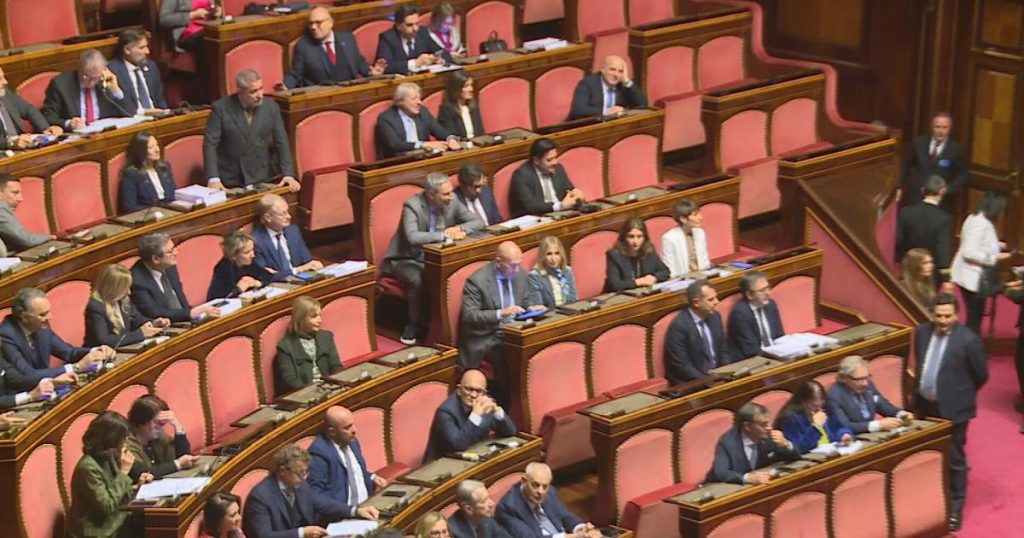According to data from Istat for the third quarter of 2024, there is increased confidence in the future, with reports of growing purchasing power, income, and consumption for Italian families. Fratelli d’Italia sees this as evidence of positive economic growth. The government’s plan to levy banks and insurance companies is expected to provide additional resources for the healthcare sector. The League and Forza Italia also view the Istat data as a positive sign of the government’s economic performance, with Forza Italia praising the liberal economic policies that are yielding good results.
On the other hand, opposition parties have a different interpretation of the Istat data. AVS accuses the Meloni government of lying about the increase in tax pressure, which has allegedly reached 40.5%. M5S highlights concerning numbers related to healthcare, such as 4.5 million Italians forgoing necessary medical treatment. The PD focuses on pension issues. Italy Viva claims that the center-right’s slogan on taxes has been debunked by Istat, while Azione notes a decrease in Italian saving habits to support basic consumption needs.
Despite differing views, there is a consensus among some parties that the government’s strategy of ensuring everyone pays taxes to reduce overall tax burdens is the right path to promote economic growth and support workers and businesses. Noi Moderati’s Lupi believes this approach will benefit the economy. However, the opposition criticizes the government for failing to address the struggles faced by millions of Italians, especially in healthcare and pension sectors. M5S, in particular, emphasizes the need for better access to medical care and highlights the impact of high tax rates on citizens.
The Istat data has sparked a debate between the government and opposition parties regarding the state of the economy and the impact of government policies. While some see positive signs of economic growth and increased purchasing power for Italian families, others raise concerns about the high tax burden, healthcare access, and pension issues. The differing interpretations of the data highlight the political divide in Italy and the ongoing debate over the best strategies to support the economy and citizens. The government’s focus on tax policies and the opposition’s emphasis on social welfare highlight the contrasting priorities and viewpoints in Italian politics.
In conclusion, the Istat data for the third quarter of 2024 has generated mixed reactions among political parties in Italy. While some see signs of economic progress and increased purchasing power, others highlight concerns about high tax rates and the challenges faced by Italian citizens, particularly in healthcare and pension sectors. The debate between the government and opposition parties reflects the ongoing political divide in Italy and the different priorities and approaches to economic and social issues. Moving forward, finding common ground and addressing the diverse needs of Italian citizens will be crucial for fostering inclusive growth and development in the country.


